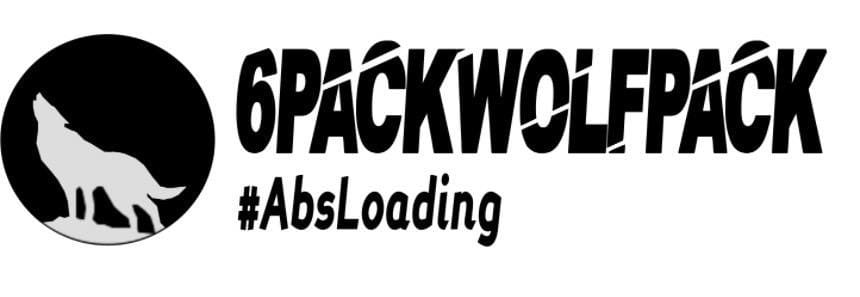The journey to the competitive bodybuilding stage represents one of the most demanding challenges in the athletic world. This transformative process pushes athletes to their absolute limits, demanding unprecedented levels of discipline, dedication, and attention to detail across every aspect of their lives. The preparation phase typically begins months before stepping on stage, with each day carefully orchestrated to bring about optimal physical conditioning.
A successful competition preparation starts with a carefully calculated approach to caloric manipulation. The initial phase focuses on gradually reducing body fat while preserving hard-earned muscle tissue. This delicate balance requires precise adjustments to both training intensity and nutritional intake. Experienced competitors understand that dramatic dietary changes often lead to muscle loss, instead favoring a measured approach that allows for steady fat loss while maintaining maximum muscle fullness.
Training during competition preparation evolves significantly from off-season approaches. While maintaining heavy compound movements to preserve muscle mass, competitors typically increase their training volume and incorporate more isolation exercises to enhance muscle detail and separation. Cardiovascular training becomes increasingly important, with many athletes performing both morning and evening sessions to accelerate fat loss while preserving muscle tissue through strategic timing of meals and supplements.
The nutritional demands of contest preparation extend far beyond simple calorie counting. Competitors must carefully balance their macronutrient ratios, typically maintaining higher protein intake while strategically reducing carbohydrates and fats. The manipulation of these nutrients becomes increasingly precise as the competition approaches, with many athletes weighing and measuring every gram of food they consume. This scientific approach to nutrition ensures optimal results while minimizing the risk of muscle loss during the cutting phase.
Water manipulation plays a crucial role in achieving peak condition. In the final weeks before competition, athletes carefully monitor their water and sodium intake, making strategic adjustments to achieve maximum muscle definition and vascularity. This process requires extensive experience and knowledge, as mistakes in water manipulation can dramatically impact stage presence and overall conditioning.
Posing practice becomes increasingly important as the competition approaches. Many competitors spend hours daily perfecting their mandatory poses and transitional movements. This often-overlooked aspect of competition preparation proves crucial for showcasing physique improvements effectively. The ability to present one's physique through proper posing can make the difference between victory and defeat, regardless of conditioning level.
The psychological demands of competition preparation often prove as challenging as the physical requirements. Athletes must maintain focus and motivation while dealing with reduced energy levels, increased hunger, and the various challenges that arise during extreme dieting phases. Support systems become crucial during this time, with many competitors relying on coaches, training partners, and family members to help maintain their mental strength throughout the preparation process.
Supplementation strategies become increasingly sophisticated during competition preparation. While maintaining essential supplements for health and recovery, competitors often incorporate additional compounds to help preserve muscle mass and enhance fat loss. The timing and dosing of these supplements require careful consideration, with many athletes adjusting their protocol as they move closer to competition day.
The final week before competition brings about the most intricate phase of preparation. Athletes must carefully manipulate their carbohydrate intake, water consumption, and sodium levels to achieve maximum muscle fullness while maintaining optimal conditioning. This process, often called peak week, requires extensive experience and knowledge to execute properly. Many competitors work closely with experienced coaches during this crucial phase to ensure optimal results.
Tanning and presentation details receive significant attention in the final days before competition. The application of competition tan requires multiple layers and careful timing to achieve the deep, even color necessary for proper muscle definition under stage lighting. Athletes must also consider their posing suits, stage presence, and overall presentation package to create the most impressive impact possible.
The morning of competition brings its own unique challenges and requirements. Athletes must carefully time their meals, water intake, and pump-up sessions to present their best possible package on stage. The ability to remain calm and focused during this high-pressure situation often separates successful competitors from those who struggle to present their best package.
Recovery from competition preparation requires careful planning and execution. Athletes must gradually increase their caloric intake and adjust their training volume to prevent unwanted fat gain while allowing their bodies to recover from the extreme demands of contest preparation. This transition phase proves crucial for maintaining long-term health and preparing for future competitive seasons.
This demanding journey of competitive bodybuilding preparation represents the pinnacle of physical achievement and mental discipline. The process transforms not just bodies but entire lives, teaching valuable lessons about dedication, perseverance, and the power of focused effort toward a specific goal. Those who successfully navigate this challenging path emerge not just as better athletes, but as stronger individuals in every aspect of their lives.


